Hematology
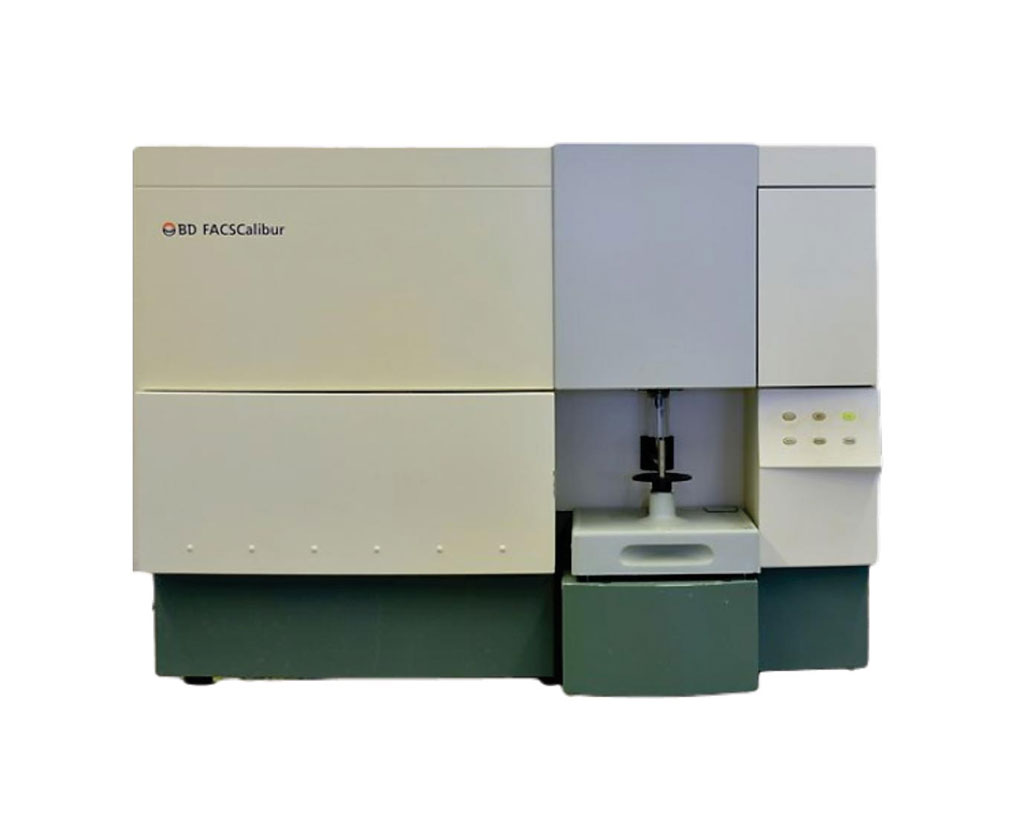
sTNFR2 Revealed as a Novel Diagnostic Biomarker for Acute ATL
Adult T-cell leukemia/lymphoma (ATL) is a mature T-cell neoplasm associated with human T-cell leukemia virus type 1 (HTLV-1). Although only about 5% of HTLV-1 carriers progress to ATL, early diagnosis is challenging because of the lack of ATL biomarkers. Soluble tumor necrosis factor 2 (sTNFR2) is a novel and promising diagnostic biomarker for acute ATL. More...07 Apr 2020
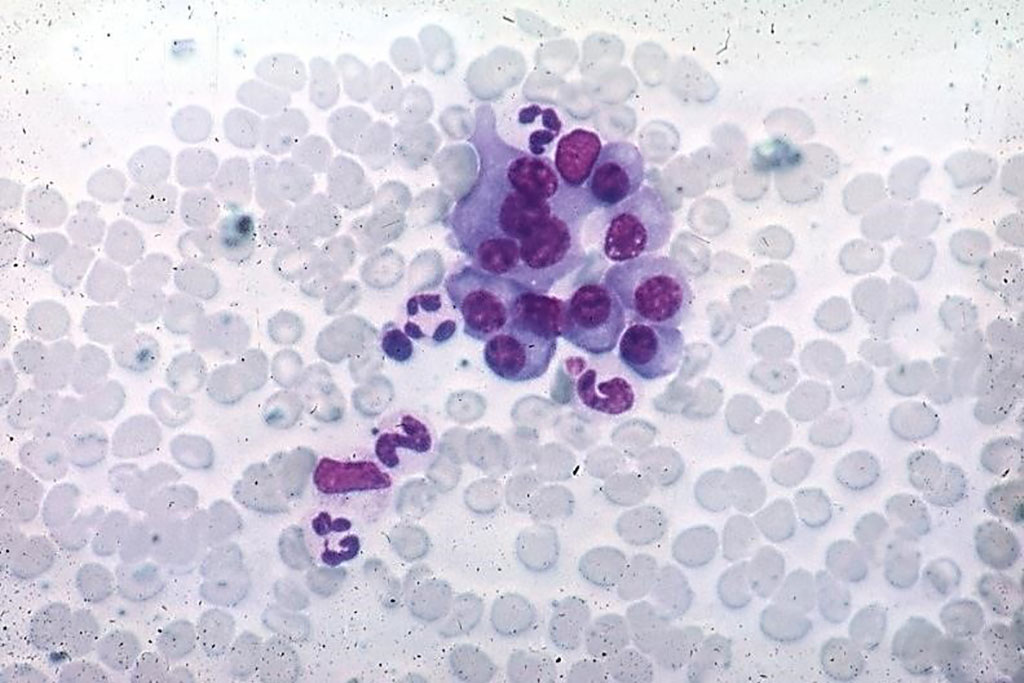
Molecule in Lymphatic System Implicated in Autoimmune Diseases
A healthy immune system defends the body against diseases and infection. When someone has an autoimmune disease, the immune system malfunctions and the body mistakenly attacks healthy cells, tissues and organs. Rheumatoid arthritis, lupus and scleroderma are examples of autoimmune diseases. More...02 Apr 2020
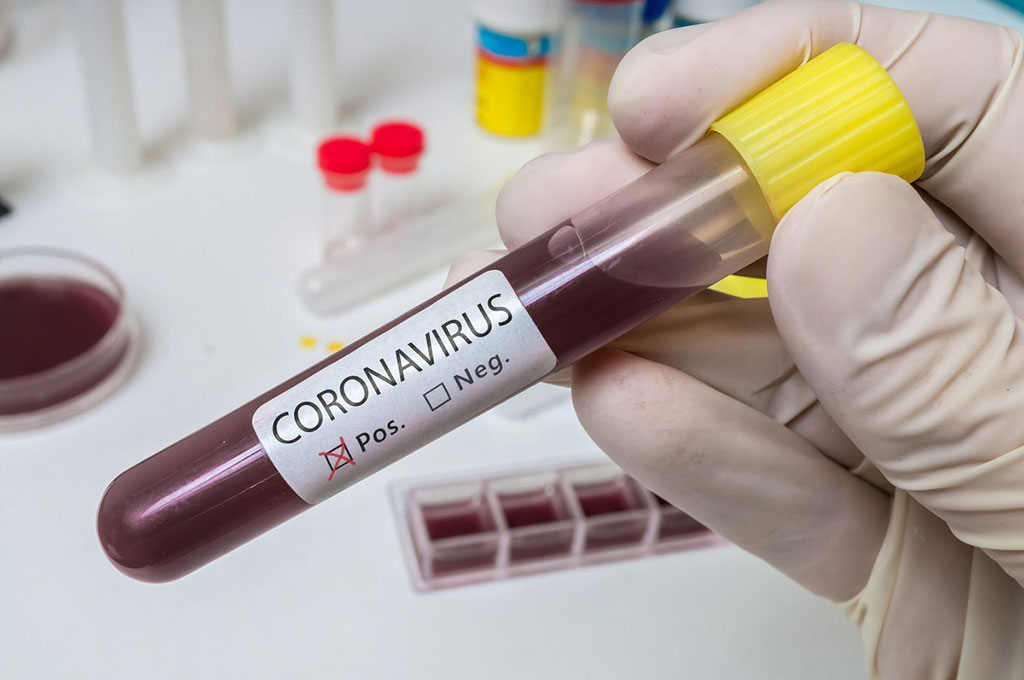
Factors Associated with ARDS in COVID-19 Identified
Patients with COVID-19 present primarily with fever, myalgia or fatigue, and dry cough. Although most patients are thought to have a favorable prognosis, older patients and those with chronic underlying conditions may have worse outcomes. More...30 Mar 2020
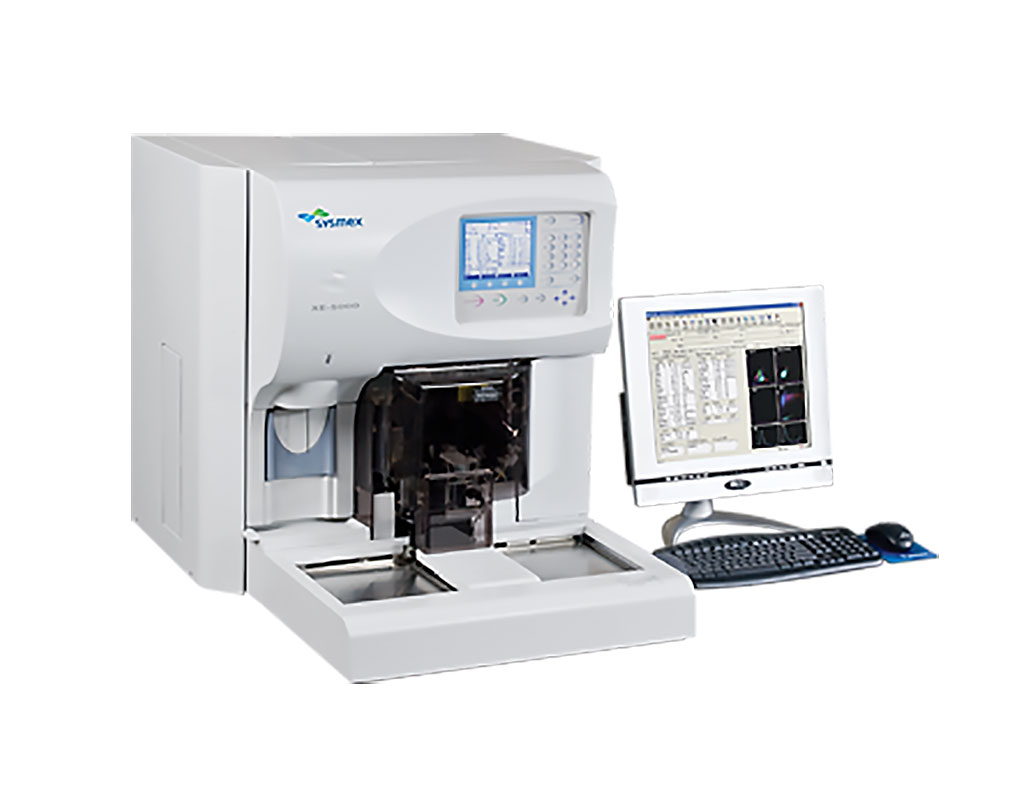
Prognostic Values of Platelet Parameters in Gynecological Tumors Patients
Gynecologic cancers often involve the uterus, ovaries, cervix, vulva, vagina, fallopian tubes, or the peritoneum. The most common gynecologic cancer in the USA is endometrial cancer, followed by ovarian cancer. Many gynecologic cancers manifest as pelvic masses. More...24 Mar 2020

Fibrinogen-Albumin Ratio Correlated to Ankylosing Spondylitis Disease Activity
Ankylosing spondylitis (AS) is a systematic inflammatory autoimmune disease that primarily involves the spine and sacroiliac joints. Typically the joints where the spine joins the pelvis are also affected and occasionally other joints such as the shoulders or hips are involved. Back pain is a characteristic symptom of AS, and it often comes and goes. More...23 Mar 2020
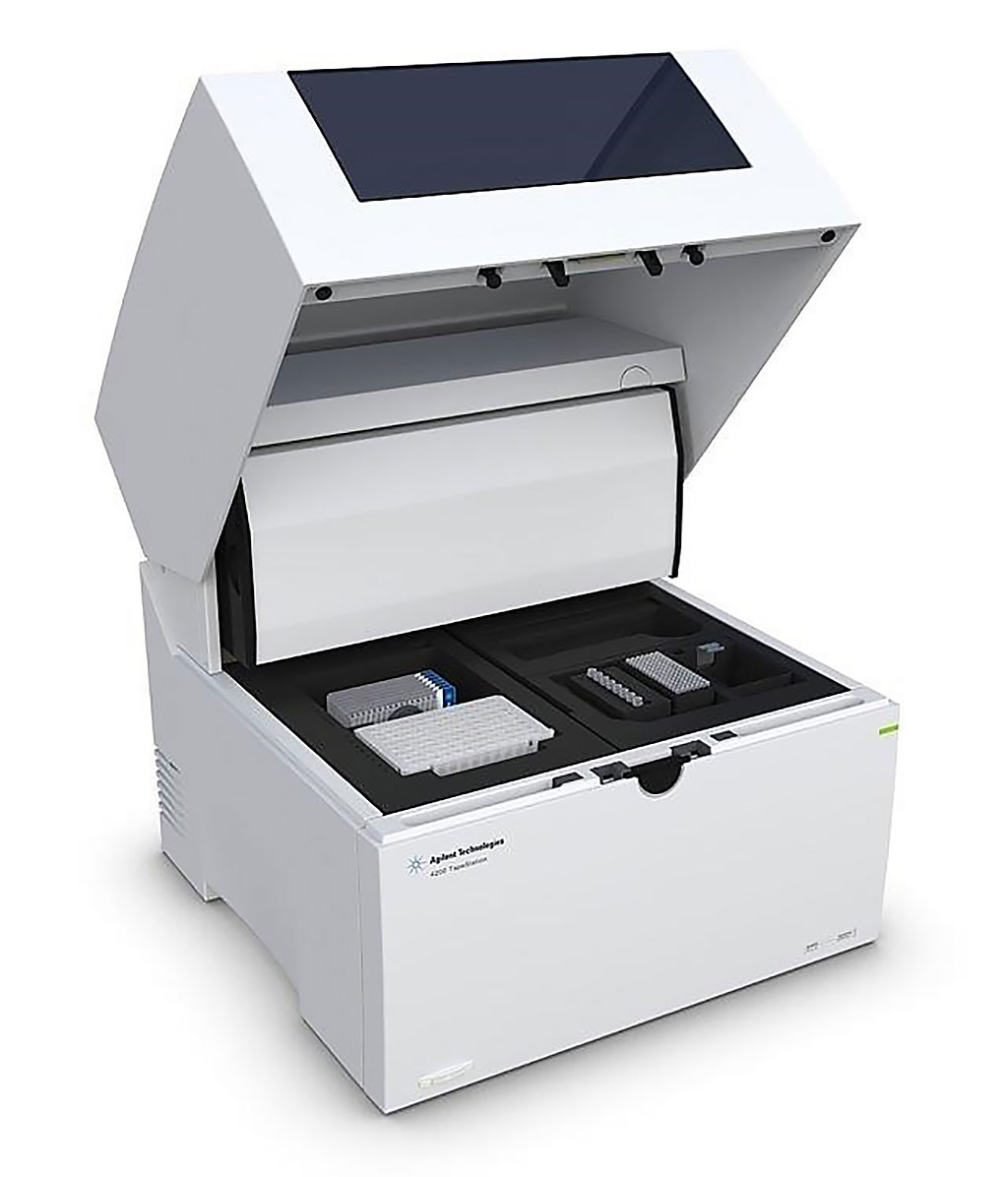
NGS Identifies Genomic Characteristics of Pediatric Leukemia
Pediatric leukemias have a diverse genomic landscape associated with complex structural variants, including gene fusions, insertions and deletions, and single nucleotide variants. Routine karyotype and fluorescence in situ hybridization (FISH) techniques lack sensitivity for smaller genomic alternations. More...19 Mar 2020
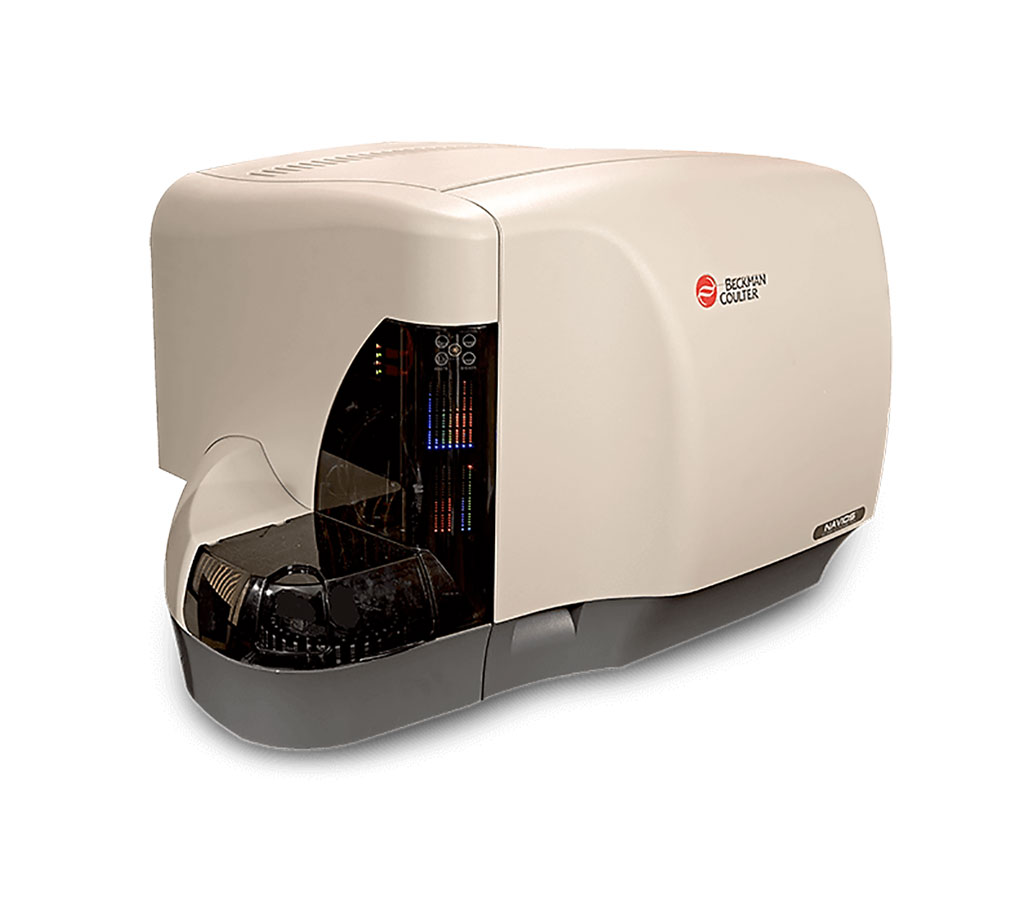
Minimal Residual Disease Assessed in AL Amyloidosis Patients
Amyloid light-chain (AL) amyloidosis, also known as primary amyloidosis, is the most common form of systemic amyloidosis in the USA. Despite achieving a hematologic complete response after treatment, many patients with AL amyloidosis do not attain recovery of organ function and/or experience hematologic relapse. More...17 Mar 2020
In Other News
Microbiome Composition Predicts Outcome Among Stem Cell Transplant Patients
Predictors Evaluated for Microalbuminuria in Type 2 Diabetes
Dual Immunohistochemistry Bone Marrow Staining Detects Hairy Cell Leukemia
Leukemic Stem Cell Score Predicts Myelodysplastic Syndrome Prognosis
Factor IX Inhibitor Incidence in Pediatric Hemophilia B Examined
Physical Activity and Thrombophilic Risk Investigated
Direct Oral Anticoagulants Determined by RDT in Urine Samples
Immune Profiles Analyzed in Acute Myeloid Leukemia Bone Marrow
Bone Marrow Donors May Transfer Pathogenic Mutations to Patients
Metabolic Syndrome Associated with Increased Blood Clot Recurrence Risk
Diagnostic Assay Identifies Leukemic Stem Cells
Glycoprotein-Specific Direct Platelet Autoantibody Testing in Immune Thrombocytopenia
Biomarker Predicts Prognosis in Acute Myeloid Leukemia Patients
Molecular Profiles, Microenvironment Signatures May Improve Lymphoma Prognosis
Immature Natural Killer Cells Predict Relapse After Cord Blood Transplantation
Hypercoagulability Evaluated in New‐Onset Systemic Lupus Erythematosus Patients
Germline Genetic Testing Assesses Inherited Risk for Myeloid Malignancies
Hepatic Dysfunction and Coagulopathy Quantified in Fatal Dengue Fever
Distinct Myelodysplastic Syndrome Subtypes Identified by Genomic, Transcriptomic Analysis
Fresh Red Blood Cells Transfusions No Better Than Older Ones
Single-Cell Analysis Uncovers Regulatory Program in Rare Leukemia
Autoimmunity Markers Prevalence Assessed in Immune Thrombocytopenia
TP53 Gene Promoter Methylation Impacts Chronic Lymphocytic Leukemia
The Hematology channel at LabMedica covers the all aspect of plasma, coagulation, transfusion medicine, and blood banking, as well as related lab tools and techniques.










 (3) (1).png)